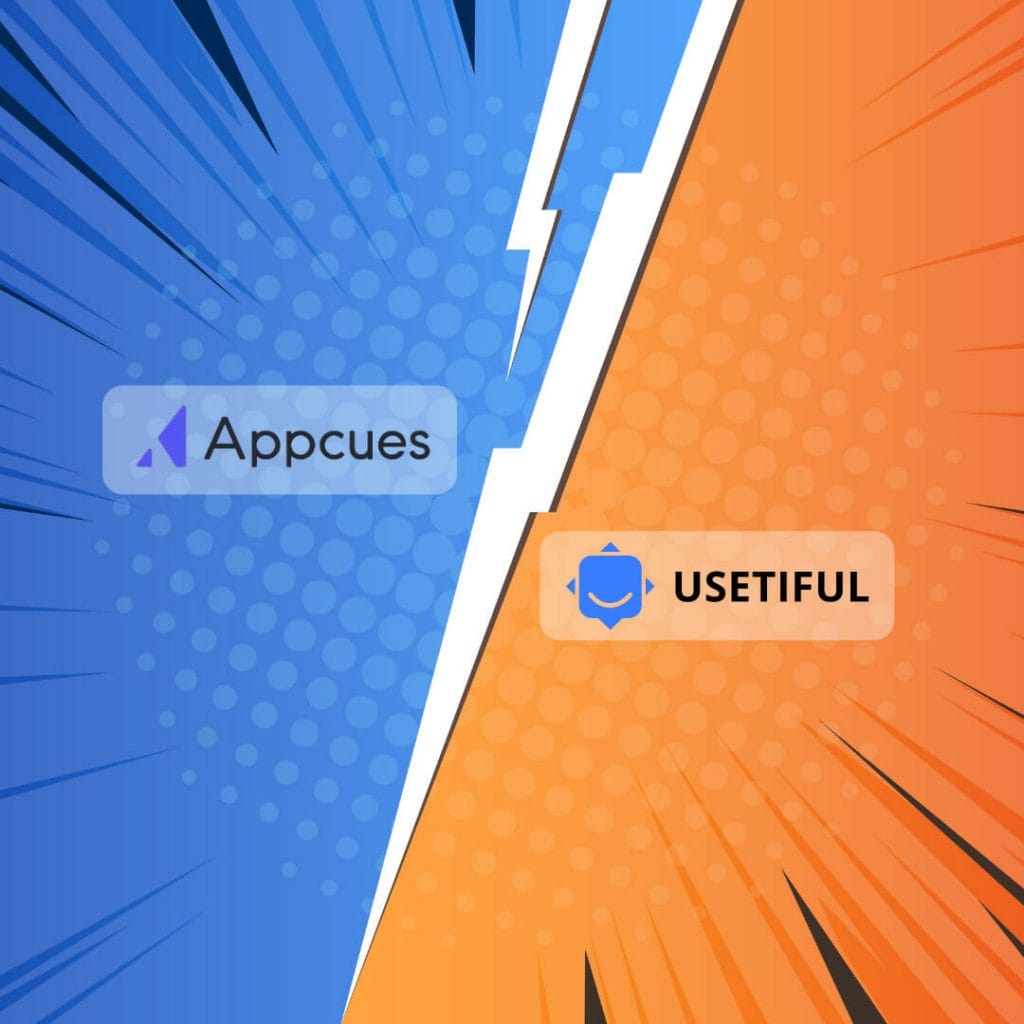The marketing landscape is vast and selecting the most suitable marketing tool for your business can be a daunting task. Two popular platforms that have stood out in this digital marketing arena are Mailchimp and ClickFunnels. Both platforms offer unique features and have garnered their fair share of satisfied users, making it crucial to understand their respective strengths and weaknesses to help you make an informed decision.
Mailchimp has long been known as a reliable email marketing solution, offering a wide variety of features to help businesses create and manage their campaigns. Over time, Mailchimp has expanded its capabilities, evolving into an all-in-one marketing platform that now includes website building and landing page creation. On the other hand, ClickFunnels is designed to help businesses create and optimize sales funnels, guiding potential customers through a seamless journey from awareness to purchase. With its intuitive drag-and-drop builder, pre-built templates, and robust integrations, ClickFunnels aims to streamline the process of converting leads into paying customers.
In this article, we will delve deeper into the differences between Mailchimp and ClickFunnels, examining their features, pricing, and overall performance to help you make the best choice for your marketing needs. So, stay tuned as we explore these two popular platforms and determine which one is the perfect fit for your business.
About Mailchimp

Mailchimp is a popular email marketing platform that offers a range of features designed to help small businesses grow and engage their audience. With its intuitive interface and user-friendly tools, Mailchimp enables you to create and send professional email campaigns, manage your contacts, and automate your marketing efforts.
The platform provides a robust CRM system to help you organize your contacts, segment them based on different criteria, and target specific groups with personalized content. This allows for better engagement and higher conversion rates. Mailchimp’s forms are customizable, making it easy to collect and manage subscribers’ information.
Designing visually appealing email campaigns is crucial for maintaining the attention of recipients. Mailchimp offers a variety of themes and templates to choose from, along with the option to use custom CSS for a more refined look. You can also use the drag-and-drop editor or choose from their library of pre-built designs.
Mailchimp’s advanced analytics and reporting features enable you to track the performance of your email campaigns, helping you identify what works and what doesn’t. This includes data on open rates, click-through rates, and conversions. Additionally, Mailchimp offers marketing automation tools, which allow you to schedule email campaigns and trigger actions based on specific events or subscriber behavior.
Integration with commonly used social media platforms helps you amplify your marketing reach. Mailchimp allows you to connect with popular platforms such as Facebook, Instagram, and Twitter, enabling you to run social media ads and track your campaign results all in one place.
For businesses needing more advanced features, Mailchimp competes with other platforms like GetResponse and offers a host of functionalities such as lead scoring, surveys, and even SMS marketing. Developers can also tap into Mailchimp’s API to create custom integrations or utilize webhooks to trigger actions based on events.
In conclusion, Mailchimp is a comprehensive and versatile email marketing platform that caters to the needs of both beginners and experts alike. Its extensive features, customization options, and marketing automation capabilities make it an excellent choice for businesses seeking to improve their email marketing efforts and grow their audience.
About ClickFunnels

ClickFunnels is a powerful marketing software designed to help businesses create and manage sales funnels and landing pages with ease. An ideal solution for marketers and businesses of all sizes, the platform offers a wide variety of features to help grow your business and improve conversion rates.
The software comes equipped with a user-friendly drag and drop editor making it easy to customize pages and funnels. With an extensive library of templates and integrations, users can efficiently create high-converting pages tailored to their needs.
ClickFunnels enables seamless integration with popular tools like WordPress, Salesforce, Shopify, ActiveCampaign, and Zapier, among others. Integrating these services with ClickFunnels allows businesses to streamline their workflows and boost productivity even further.
To facilitate lead generation, ClickFunnels offers features such as A/B testing, conversion tracking, and email autoresponder support. The platform also supports various payment gateways like PayPal for secure online transactions. Moreover, users can create membership sites and manage them with ease using the software’s features.
ClickFunnels understands the significance of data analysis for businesses. Thus, the platform provides comprehensive reports and insights that can help users optimize their sales funnels and improve overall performance. Additionally, its native marketing CRM and mobile app keep users in control of their marketing campaigns on-the-go.
Among ClickFunnels’ notable features is its 14-day free trial, allowing users to experience the platform’s capabilities before committing to a paid plan. Besides, it offers various pricing options, ensuring that businesses find a cost-effective solution tailored to their specific requirements.
Customers can rely on the platform’s dedicated customer support team, available through live chat, to address any questions or concerns they may have. Moreover, ClickFunnels offers resources such as tutorials and webinars to help users make the most of the software.
In summary, ClickFunnels is a comprehensive, user-friendly marketing software that caters to creators, coaches, and educators alike. Its customizable sales funnels, robust integration options, and powerful features make it an ideal choice for businesses looking to optimize their online presence and boost conversion rates.
Round 1: Best UX

When it comes to user experience, both Mailchimp and ClickFunnels aim to provide a seamless and user-friendly interface for their users. In this round, we’ll compare the UI and usability of these two platforms to see which one takes the crown for best UX.
Mailchimp is known for its clean and intuitive interface, which makes it easy for users to navigate and create marketing campaigns without any hassle. With a WYSIWYG (What You See Is What You Get) editor, users can design professional-looking emails and landing pages in no time. Alongside its drag-and-drop feature, Mailchimp also offers a variety of pre-built templates and customizable content blocks, providing the flexibility needed to create unique designs tailored to your business needs.
ClickFunnels, on the other hand, is primarily focused on building high-converting sales funnels using a simple, step-by-step process. Like Mailchimp, ClickFunnels offers a drag-and-drop editor that enables users to create and customize their funnel pages with ease. Additionally, ClickFunnels provides a vast library of pre-designed templates to choose from, making it simple for users to construct a visually appealing and effective sales funnel.
In terms of usability, both platforms offer a smooth learning curve for new users, thanks to their comprehensive knowledge bases and supportive communities. Mailchimp and ClickFunnels each provide extensive documentation, video tutorials, and user forums to help users get acquainted with their respective platforms.
However, some differences may sway users between the two platforms. For instance, ClickFunnels focuses its efforts on providing an all-in-one solution for creating sales funnels, which some users may find limiting compared to Mailchimp’s broader range of marketing tools. Furthermore, Mailchimp’s overall design and layout may be more appealing to users who prefer a sleek and modern interface.
In this round, it’s quite evenly matched between Mailchimp and ClickFunnels regarding UX features. Both platforms excel at providing user-friendly interfaces, easy-to-use editing tools, and comprehensive educational resources.
Round 2: Features Comparison

When comparing ClickFunnels and Mailchimp, it’s important to consider their features to determine which marketing platform best suits your needs. Here we will discuss a variety of features, such as sales funnel, landing pages, templates, email marketing, CRM, integrations, and pricing, among others.
Mailchimp offers a wide range of tools for marketing and e-commerce, including email templates, customizable forms, marketing automation, segmentation, and analytics. They also provide social media, split testing, and A/B testing features, making it an attractive choice for marketing professionals and beginners alike. Mailchimp’s Editor offers a drag-and-drop design experience, with a user-friendly interface that makes it easy to create professional and visually appealing emails. Moreover, their free plan allows users to send 10,000 emails per month, a great deal for small businesses or those just starting with email marketing.
In terms of CRM, Mailchimp offers lightweight CRM features such as lead scoring, surveys, and SMS marketing to help manage contacts and understand customer behavior. It also provides a customizable dashboard for better data analysis and insight into your audience’s preferences.
On the other hand, ClickFunnels is designed primarily for creating high-converting sales funnels with ease. They offer a variety of pre-built templates for landing pages, sales pages, and much more, all optimized for lead generation. Their drag-and-drop editor allows users to customize these templates to fit their brand and specific business needs. They also offer a 14-day free trial to test and explore their features.
ClickFunnels excels at integrating with payment gateways and shopping cart solutions, which makes the platform well-suited for online businesses aiming to sell products or services. Additionally, they provide marketing automation and email marketing capabilities through their software, further assisting in running campaigns more smoothly and efficiently.
When it comes to split testing and A/B testing, ClickFunnels also offers features to optimize your marketing efforts, including built-in analytics to track the performance of your campaigns and landing pages. Furthermore, its integrations with popular marketing software like Salesforce, Leadpages, and Unbounce make it a versatile, all-in-one marketing solution.
Although Mailchimp offers a broader range of features, ClickFunnels focuses on the essentials required for building high-converting sales funnels, making them the ideal marketing platform for companies looking to capture leads and drive sales. With ClickFunnels, you can achieve conversion optimization more quickly and effectively than with Mailchimp.
In summary, both Mailchimp and ClickFunnels offer a range of features catering to different aspects of marketing and e-commerce. Mailchimp provides a comprehensive suite of tools designed for email marketing, automation, and CRM, while ClickFunnels shines as a sales funnel builder with numerous integrations, optimization options, and features to improve conversion rates. Choosing the right marketing platform for your business will depend on your specific needs and goals.
Round 3: Price

When comparing Mailchimp and ClickFunnels, pricing is a crucial factor to consider. Let’s dive into the costs associated with each platform to see which could be a better fit for your business.
Mailchimp offers four pricing tiers, starting from a free plan. The Free plan covers basic needs for 1 user, with up to 2000 contacts and essential email marketing features. As you scale your business, you can upgrade to one of their paid plans. The Essentials plan starts at $9.99/month, the Standard plan at $14.99/month, and the Premium plan goes for $299/month. Each paid plan offers additional features, increased contact limits, and support for multiple users (3 users in Essentials, 5 users in Standard, and an unlimited number of users in Premium).
ClickFunnels, on the other hand, doesn’t have a free plan. They offer a 14-day free trial for users to test their platform. After the trial period, users can choose between two pricing options. The Basic plan costs $97/month, and the Platinum plan is priced at $297/month. While the Basic plan covers the needs of 1 user, the Platinum plan supports up to 3 users and offers a range of advanced features and unlimited funnels.
Let’s consider the aspects of cost-effectiveness and value for money:
Mailchimp:
- Free plan for basic needs and small businesses
- Affordable entry-level plans
- Multiple pricing tiers to fit various budgets and business sizes
ClickFunnels:
- No free plan available
- Higher starting price ($97/month)
- Best suited for businesses that prioritize sales funnels and can afford a higher investment
Keep in mind that both platforms provide essential marketing tools and resources, but they cater to different business needs. Mailchimp is more focused on email marketing and is a great fit for businesses looking for affordable options and scalability, while ClickFunnels primarily facilitates creating and optimizing sales funnels, hence the higher price tag. Ideally, the choice of platform should align with your marketing goals, strategy, and budget requirements.
Battle Decision: Mailchimp Winner

Mailchimp triumphs in this face-off with Clickfunnels for several reasons. To begin with, the platform offers a more comprehensive and versatile range of features. Mailchimp is not only an email marketing software, but it also offers website building, landing pages, and even e-commerce capabilities. This allows users to manage multiple aspects of online marketing in a single platform, making it a versatile choice for businesses of all sizes.
Another factor that contributes to Mailchimp’s victory is its pricing structure. While both tools offer various pricing tiers, Mailchimp provides a free plan that is suitable for small businesses and individuals just starting their marketing journey. This free tier includes essential features like email marketing, landing pages, and basic audience management, making it an incredible value for the price.
In contrast, ClickFunnels does not have a free plan. While it does provide powerful funnel-building capabilities, the platform’s focus on sales funnels may not be the right fit for all users, particularly those seeking a more comprehensive marketing solution.
When comparing user experience, Mailchimp’s interface stands out as more intuitive and user-friendly. With easy-to-navigate menus and templates, users can quickly set up marketing campaigns without spending hours learning the system. Additionally, Mailchimp’s landing page templates are simple to customize, ensuring that users can create appealing and professional pages without requiring extensive design knowledge.
While ClickFunnels does have a wide range of sales-focused templates, its primary draw lies in its funnel capabilities. Though this may be advantageous for users focused solely on sales, for those seeking an all-in-one marketing automation solution, Mailchimp’s diverse offerings make it the clear winner.
Lastly, Mailchimp’s extensive integration options give it a significant edge over ClickFunnels. With direct connections to popular platforms such as WordPress and Shopify, users can effortlessly sync their marketing and sales data across different tools. This centralization of information enables businesses to make data-driven decisions and optimize their marketing efforts more effectively.
In conclusion, Mailchimp’s versatility, pricing structure, user experience, and integration capabilities ultimately make it the victor in this software showdown.



